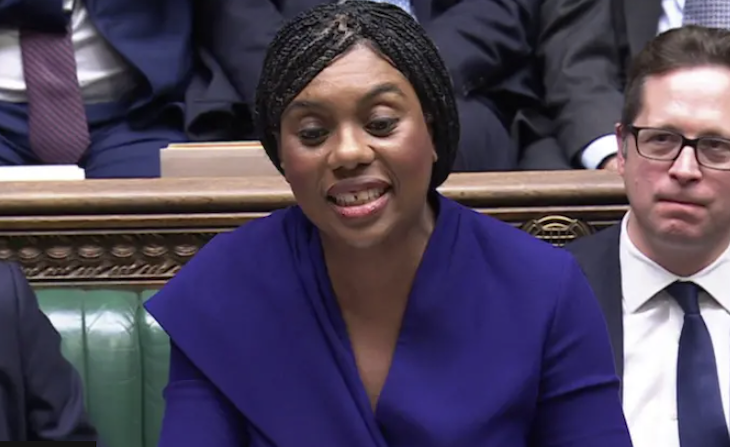
Every four weeks the government sends me my state pension. Those words have a socialist, almost Soviet, ring. The amount has recently risen to £11,973 a year – a preposterous sum to send a 67-year-old man still in paid employment. But from the state’s point of view, the money is not entirely wasted: it buys a kind of loyalty. Because I accept the money, and do so with a certain pleasure, I am bound into the system and am less likely to say it’s a bad one. I’ve allowed myself to become a dependent. I may criticise the way the welfare state is run and demand improvements in the administration of one or another part of it, but I have become less likely to challenge the principle of the whole thing.
This is bad, because we’re heading for a smash. According to Sir John Kingman, late of HM Treasury and now chairman of Legal & General, we are ‘treading a very delicate path, along a cliff edge in deep fog’. Our national debt, which at the start of this century was about a third of GDP, is now roughly equal to it, and the interest payments are well over £100 billion a year. Liz Truss did not see how near the cliff edge was and began stumbling over it, so out she went. Sir Keir Starmer and Rachel Reeves persuaded themselves that the black hole in the public finances was a mere £22 billion, a ludicrous underestimate. But when it comes to ignoring the edge’s proximity and believing one’s own propaganda, Nigel Farage makes Truss look like a novice. He is also the bookies’ favourite to be the next prime minister.
Whoever’s running the show will have to cut the size of the welfare state, and this will be denounced as balancing the books on the backs of the poor. Labour MPs already accuse Starmer and Reeves of doing that with their attempts to get a grip on the burgeoning cost of invalidity benefits.
The counter-arguments are less easy to make than they used to be. We’re all socialists now. All of us, the present writer included, look to the state as the great, the indispensable provider of welfare, and just over half of us receive more in benefits than we pay in taxes.
Nowhere is our dependency more obvious than in the field of health. We tell each other the NHS must remain free at the point of use, which means the state must pay the ever-increasing bills. Indeed, we proclaim that the state is morally obliged to pay for social care too, though because of the exorbitant cost, this has not yet happened in any satisfactory way.
Few considering these matters can remember the time before 1948 when the NHS did not exist. T.E. Utley, the blind sage of the Daily Telegraph, was born in 1921, so he could. He was an authoritative exponent of Tory traditions which even in his lifetime – he died in 1988 – were becoming ‘almost extinct’. He warned against every kind of utopianism, and pointed out in an essay entitled ‘Capitalism: the Moral Case’ that ‘the notion that compassion is something which can be delegated to the state is one of the cruellest fallacies of collectivism’.
There’s a widespread urge, when some social ill is detected, to say that the state must deal with it. But the state tends not to be very good at innovation. The initiative usually has to be taken by some individual who, by a painful process of trial and error, works out how to inspire a band of followers. I don’t mean by this that the state has no role – only that it’s rarely the source of the kinds of change needed. Dame Cicely Saunders said it took her 19 years to set up St Christopher’s Hospice, opened in 1967, because the NHS did not know how to care for the dying.
We delude ourselves when we suppose that the state can be as responsive as a family or a neighbour. As Utley said, compassion cannot be delegated to bureaucrats. It is immoral to suppose we can evade our obligations by paying our taxes and instructing those bureaucrats to do better. The welfare state undermines freedom and self-reliance. It demeans and coarsens us by encouraging us to be selfish.
None of us is absolved by paying our taxes from the duty to help the weak. This was the insight David Cameron was attempting, somewhat ineffectually, to convey when he talked about the Big Society. What will Kemi Badenoch say? Our politicians are terrified of admitting that we can’t afford the welfare state in its present form. They know that promising to abolish the pension triple lock is no way to win an election. But there will come a time in the next few years when it has to be abolished, and one hopes some political leader will then admit that buying the votes of people like me was never a moral policy in the first place.







Comments